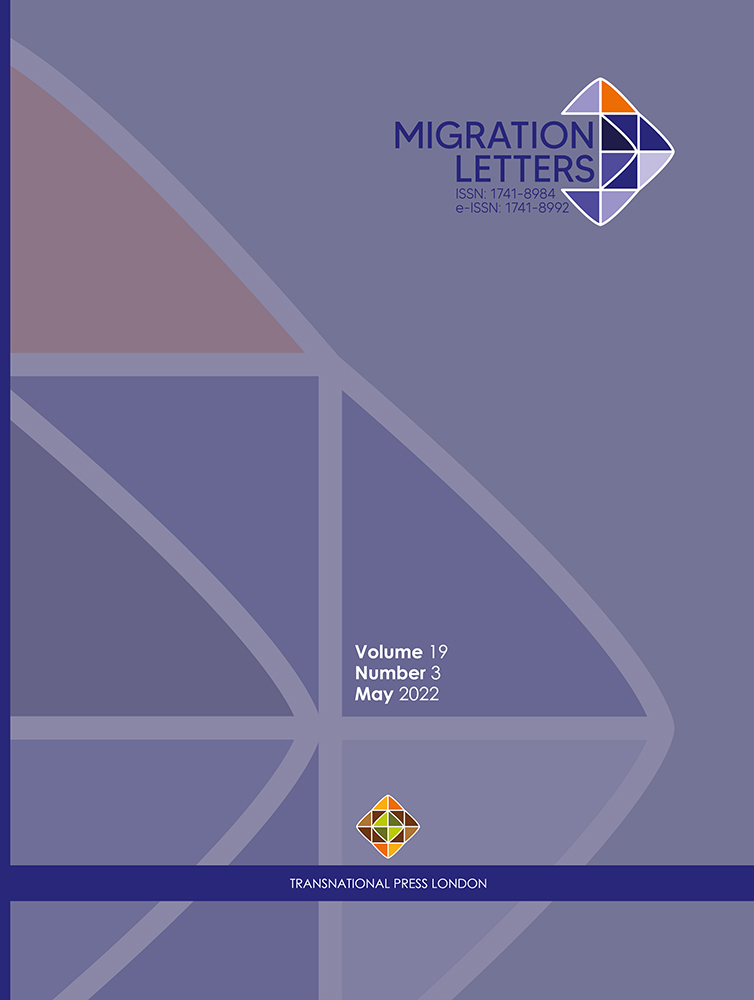An Empirical Analysis of Securitization Discourse in the European Union
An Empirical Analysis of Securitization Discourse in the European Union
Author(s): Atahan DemirkolSubject(s): Security and defense, EU-Approach / EU-Accession / EU-Development, Asylum, Refugees, Migration as Policy-fields
Published by: Transnational Press London
Keywords: European Union; Copenhagen School; securitisation; immigration; national security threat;
Summary/Abstract: This study aims to analyse the empirical background of securitisation in the European Union (EU). Using panel data, this research covers the period between 2006 and 2018 and analyses 24 EU countries. Copenhagen School claims that securitisation is a speech act of powerful actors. In the case of the EU, politicians and media are the main actors in the securitisation of immigration. In this respect, immigration has been labelled by these actors as a potential threat to the welfare state, European identity, and internal security. Various literature discusses that the securitisation of immigration in the EU has accelerated especially after 9/11. Contrary to the existing literature, this study focuses on the EU to analyse whether the securitisation of immigration has an empirical base. This study’s key finding is that there is no solid empirical result to support the securitisation discourse in the EU to the extent that immigration strongly threatens national security.
Journal: Migration Letters
- Issue Year: 19/2022
- Issue No: 3
- Page Range: 273-286
- Page Count: 14
- Language: English

